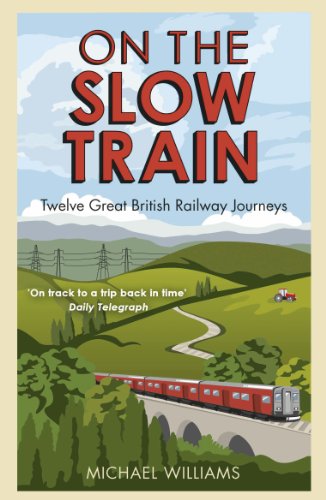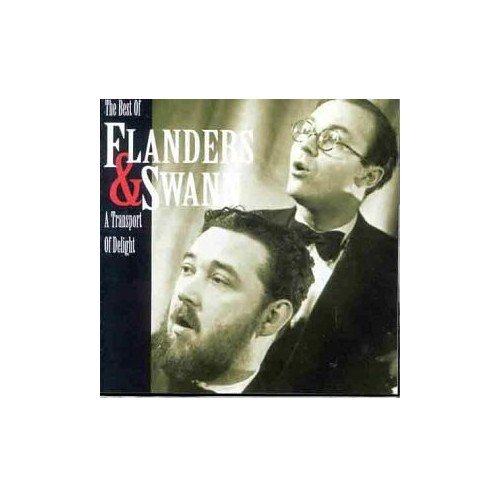In 2019, Lizzie Pook, writing in the Independent, highlighted a movement which appears to belong in the same ‘family’ as the concept of ‘Slow Food’. [1] She said, “Whether it’s chugging through Sri Lanka’s tea plantations on an old steam train or picking your way through the forests of Transylvania with just a pair of walking boots and a flimsy rain mac – there’s something undeniably romantic about taking things slow.” [1]
She continues: “It’s this allure that forms the basis of slow travel [2] – a growing trend that’s swapping whistle-stop city tours for leisurely strolls, and red-eye flights for low-key cruises. Travel should be so much more than lurching your way frenetically around a destination, trying to scratch things off a tick-list.” [1]
As we have already seen, Lizzie Pook points out that, “slow travel is an offshoot of the slow food movement – a focus on local farming, regional cuisine, communal meals and traditional food preparation methods that began in Italy in the 1980s as a protest against the opening of a McDonald’s in Rome. This cultural initiative has evolved into an entire way of life known as the Slow Movement, which aims to address the issue of “time poverty” through an increased focus on making connections; with people, places and things.” [1]
Pook, picks up on comments from Justin Francis, CEO of Responsible Travel. “Slow travel is … connecting to the soul of a place through its history, food, language and people. … The train travel element is in no small part due to eco-anxiety and the spread of the flight-shaming movement.” [1][3]
So, those of us who feel a nostalgic affinity for the heady, halcyon days when there was a branch-line to almost anywhere outside of major towns and cities, are back in vogue! We are, perhaps fortunate that not all of those wonderful old lines have disappeared. Writing around a decade ago, Michael Williams takes us on twelve ‘slow train’ journeys scattered across the UK in his book, ‘On the Slow Train’.
On the Slow Train [5] lifts our heads from the daily grind and encourages us to “reflect that there are still places in Britain where we can stop and stare.” [6] As the author says: “this book attempts to distil the flavour of Britain as glimpsed from the windows of slow trains and especially through the voices of people in the communities they serve.” [5: p3]
Michael Williams also harks back to the Flanders and Swan song ‘Slow Train’ as he sets out on his journeying. All of the lines referred to in the song did close, all that is but one. That one line is the subject of Williams’ first chapter, the line “from St. Erth to St. Ives.”
Some of the trips that Williams describes are along old main lines. So, I guess there is a strong case for the flexibility espoused in the rather longwinded title to this review. What these journeys have in common is their slowness!
There are twelve different journeys covered in the book. The line from St. Erth to St. Ives is followed by a trip from Carlisle to Leeds on the Settle-Carlisle (main line); a tube journey on the Isle of Wight; Wrexham to London on a short-lived ‘open access’ service which harked back to the kind of service passengers received in the 1930s; a circumnavigation of the Lake District on the coastal line through Sellafield; a steam excursion from Victoria to Canterbury, Ashford, Dover and Folkestone; ‘inner London’s only country railway’ (Stratford to Richmond); Euston, the ‘Deerstalker’, Rannoch Moor and Mallaig; the Heart of Wales line; the other Somerset and Dorset line; the Norfolk Broads, Berney Arms and Liverpool Street Station; and Formby to Chester-le-Street.
That last journey takes us back to the Flanders and Swan song ‘Slow Train’. They are two towns mentioned in the song whose Railway Stations, despite being high on the list of candidates for closure, remain open and thriving into the 21st Century.
An excellent, entertaining, gentle read bought cheaply secondhand with chapters of just the right length to read at the end of the day!
……….
References
1. Lizzie Pook; What is Slow Travel and How Can I Embrace It?; in The Independent, 5th August 2019, accessed on 18th October 2021.
2. https://www.independent.co.uk/topic/slow-travel, accessed on 19th October 2021.
3. Francis is talking about Flygskam, [4] the anti-flight movement that originated in Sweden in 2018, which encourages people to stop taking flights to lower carbon emissions.
4. Further details about Flygskam: https://www.independent.co.uk/travel/news-and-advice/flygskam-anti-flying-flight-shaming-sweden-greta-thornberg-environment-air-travel-train-brag-tagskryt-a8945196.html; accessed on 20th October 2021.
5. Michael Williams; On the Slow Train; Arrow Books, Preface Publishing, London, 2011.
6. The back cover page of reference [5].


